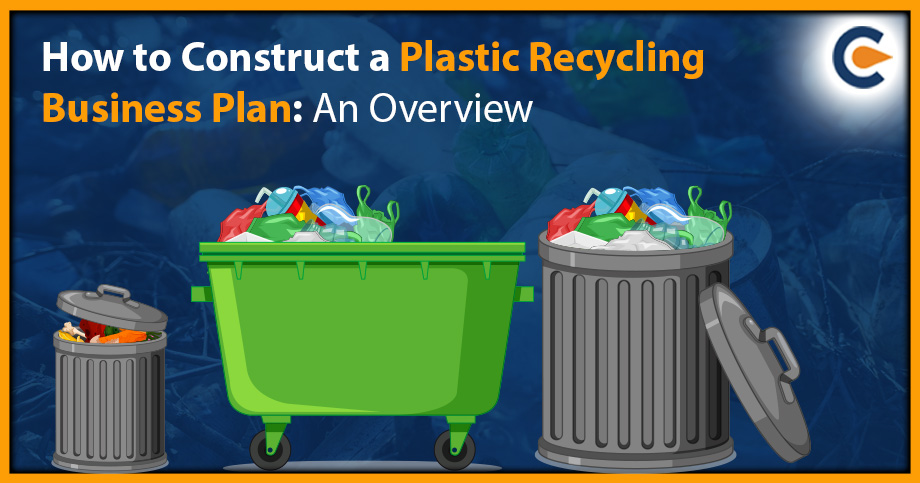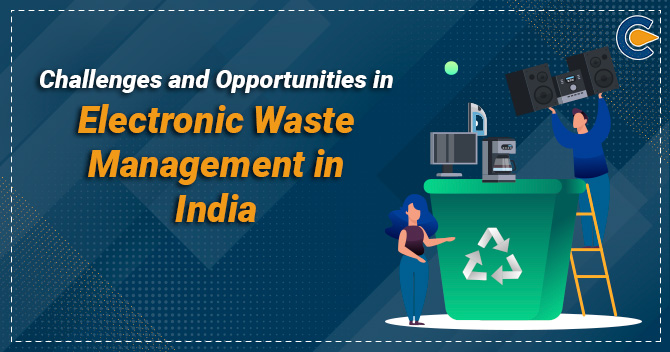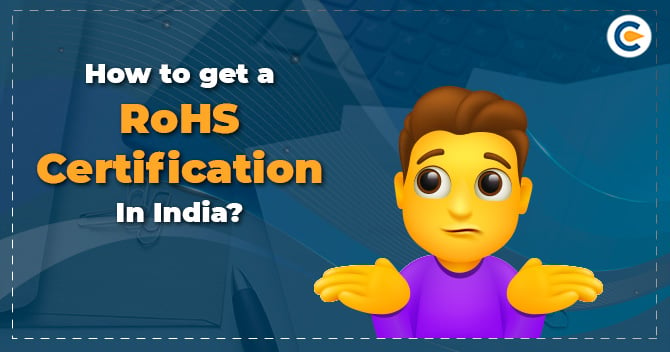The plastic recycling business is a profit-making business related to other businesses. The production of plastics has considerably increased in past decades. After its use, the plastics are dumped in landfills and aquatic areas, creating environmental stress. Recycling of plastics is one of the most significant actions available currently to reduce environmental impacts like oil usage, greenhouse gas emissions etc.
Impact of Plastic Waste and Its Necessity for Recycling
- Plastic waste is toxic; it is non-biodegradable and damages land and water resources.
- Since Plastic is completely non-biodegradable, it can’t be destroyed and decomposed and mixed with soil, in case it is burnt. It produces toxic greenhouse gases like carbon monoxide, nitrogen oxides, sulphur-di-oxide etc.
- The nature of the soil gets damaged when it is buried in the soil as it stops aeration and stops the cycle of mineralization.
- Water bodies and aquatic life cycles get adversely affected due to plastic waste being dumped, resulting in eutrophication.
- With the increase in urbanization, the landfill dump also increased, eventually causing more stress in metropolitans.
To mitigate these impacts, plastic recycling is the best option. The Government initiatives like the ban on single-use plastics and the setting up of plastic parks encourage entrepreneurs to think about the construction of plastic recycling businesses.
The Process Involved In the Plastic Recycling Business Plan
Before starting any business, a detailed business plan analysis is required. The analysis shall be both a primary and secondary analysis of the business.
Market Analysis of Plastic Recycling Business
Market analysis is s foremost step in constructing a business plan. First studying the current market trend in plastic recycling is important. Since the crisis of petroleum products, the need for recycled plastic granules has been increasing, so analysing what types of plastic granules are highly in demand is essential before starting a plastic recycling business. Another essential step in market analysis for Plastic Recycling Business Planning is prioritizing the Plastic recyclable wastes available in that business area. Some of the recyclable plastics are:
- PET – Polyethylene – Ex: beverage bottles
- HDPE – High-Density Polyethylene – Ex: toys, buckets etc.
- PVC – Polyvinylchloride – Ex: credit cards, pipes.
- LDPE – Low-Density polyethylene – Ex: Packaging film, shopping bags.
- PP – Polypropylene – Ex: Bottle caps, drinking straws.
- PS – Polystyrene – Ex: Plastic foam cups, egg boxes, meat trays etc.
Getting the knowledge of readily available recyclable Plastic waste near the recycling plant is mandatory for the business, and calculating its cost involved in transportation are necessary criteria to be noted during market research.
Location:
An essential prerequisite in a business is, starting a business in a location where resources like human resources, raw materials, water availability, electricity availability, and transportation facility are all available at the required portion. The space where all the operations involved should be accommodative for all the machinery, equipment, utility articles, storage area and packing end products area. The availability of proper road infrastructures should be checked for the transportation of raw materials, such as municipal waste and industrial waste is very crucial decision during the creation of a Plastic Recycling Business Plan. Tie-up can be made with local bodies or waste collection agencies to deliver raw materials quickly.
The Cost Involved In the Plastic Recycling Business
The cost involved in setting up the plastic recycling business planning depends upon the type of raw materials, the machine we obtain, the resources used, the machine’s quality and durability, and the estimated production and profit.
The cost of setting up a small-scale factory can be around Rs.5 lakhs to Rs.10 Lakhs. Setting up the machinery and equipment for recycling costs around 3.5 Lakhs and 35 Lakhs or more, depending upon the capacity of the production and sale. Concentrating on buying good quality machinery/equipment that provides good Shell life for sustainable production and sale is an essential part in the Plastic Recycling Business Plan.
Running/ ongoing expenses
| Requirements | Costs per month |
| Labour and Technician | 1-2 lakhs |
| Raw material purchase | 20- 30 Thousand |
| Other miscellaneous | 20-30 Thousand |
License
A significant step in constructing a plastic recycling business is getting a license from regulating bodies and other local government licenses to safeguard from legal penalization.
The Plastic Waste Management Rules 2016 has defined the documents needed for registration as Recyclers, Manufacturers and producers.
Documents Required For Registration as Plastic Recycler in SPCB (State Pollution Control Board)
- Copy of valid Consent to Operate.
- The certified copy of registration issued by the District Industries Centre or MSME[1].
- Supporting documents related to details of plastic waste.
- Manufacturing process flowchart & Description.
- Details of Pollution Control devices.
- Photograph of the unit and production site.
- Details of worker/ staff/ management.
Documents Required For Registration for Plastic Producer/ Importer/ Brandowner in SPCB
- Copy of valid Consent to Operate.
- The certified copy of registration issued by the District Industries Centre or MSME.
- Manufacturing process flowchart & Description.
- Details of Pollution Control devices.
- Photograph of the unit/production site.
- Supporting documents related to details of Plastic packaging supplied to/ acquired from.
- Copy of EPR plan endorsed by Urban Development Department.
- EPR compliance report (in case of renewal of registration).
General Documents / Licence That Is Required For Setting Up Plastic Recycling Business
- Company Incorporation Certificate
- Factory Licence
- GST Registration
- MSME Registration
- NOC from the State pollution control board
- Authorized PAN Card
- Authorized Aadhar Card
- Plan layout
- Registration under Plastic Waste Management
- Trade License by CEPC
EPR Authorization under Plastic Recycling Business Plan
As per the new guidelines of the Plastic Waste Management (Amendment) Rules 2022, Plastic Waste Processors (PWPs) have been given specific mandates under the guidelines that they need to register themselves on a Centralized EPR Portal developed by CPCB. PWPs and already registered with the State Pollution Control Boards (SPCBs), Pollution Control Committees (PCCs), are also required to register on the EPR Portal. It is to be noted that only the PWPs which are registered on the Portal will be able to issue certificates for plastic waste processing, which shall be considered for the fulfilment of EPR obligations by Producers, Importers & Brand-Owners (PIBOs) and who are also required to be registered on the same Portal.
The Registration Prerequisites in EPR Authorization under Plastic Recycling Business Plan
- The process start with registration at CPCB/SPCB by submission of relevant documents required by CPCB, which mainly consist of an action plan, agreement, certificates, licenses, etc.
- The authorized waste management agency collects back the agreed volume of post-consumer plastic waste from the desired location and recycles or disposes of it safely as per CPCB/SPCB guidelines.
- The waste collection agency will present relevant documents for proof of waste collection activity.
- On behalf of PIBOM’s agency will submit a quarterly report to CPCB.
- After completion of activity final report will be submitted by the agency to PIBOM’s.
Process
After setting up the plastic recycling plant and a license, the actual plastic recycling process starts from here. It can be classified into the following stages:
- Collection: Collection of plastic waste and segregation.
- Sorting: Plastic waste is separated based on its make and type. Upon collection.
- Washing: The Plastic wastes are washed to remove impurities and labels for the next stage of the process
- Shredding: The washed plastic wastes are pressed into pellets or other suitable forms to reuse.
- Extruding: The shredded Plastic pellets are melted and extruded into filaments or granule lumps.
The granule lumps are then put into the grinding machine to obtain granules of the required size as per the requirement as raw material for another product.
Return of Investment in Plastic Recycling Business Planning
The market for finished plastic recycled products is enormous since these recycled plastics are cost-effective compared to virgin plastic products. Recycled plastic products are also highly durable. Hence the return from the plastic recycling business is higher than other waste recycling products.
Conclusion
A significant portion of solid waste consists of plastic waste. A massive volume of this waste is discarded in landfills and water bodies, which harms the environment and human health. Recycling plastic waste is an integral approach to mitigating plastic waste. The plastic recycling business plan would be the best approach for any start-up thinking of good profit with minimal investment.
Read Our Article: How To Set Up Plastic Waste Recycling Business?











